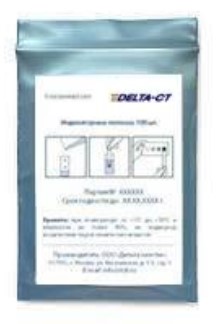CBS learned about US plans to transfer Russian assets worth $1 billion to Ukraine

The US Department of Justice is looking for an opportunity to send to Ukraine the Russian assets that fell under the sanctions worth more than $1 billion, CBS reports.
Since the end of February 2022, the US has confiscated or facilitated the seizure of more than $1 billion worth of Russian assets worldwide, the channel claims.
“We are seeking permission from Congress to use the proceeds for the benefit of the people of Ukraine,” First Deputy Attorney General Lisa Monaco told CBS.
In February 2022, after the start of a special operation in Ukraine, Western countries imposed sanctions against the Russian Central Bank and froze its foreign exchange assets abroad. According to Finance Minister Anton Siluanov, Russia has lost access to half of its gold and foreign exchange reserves - about $ 300 billion. Bloomberg reported on the freezing of $ 311 billion of Russian reserves and another € 19 billion from businessmen who fell under sanctions.
Ukraine has repeatedly offered to send confiscated assets to help Kiev. The US initially opposed the confiscation of Russia's assets, calling it legally impossible. However, in December 2022, the US Senate approved a budget amendment allowing the transfer of confiscated assets of Russian businessmen for humanitarian and military assistance to Ukraine.
In January, the US Department of Justice announced the transfer of part of the frozen Russian assets to Ukraine. On February 4, US Attorney General Merrick Garland announced the transfer of the confiscated assets of the founder of the Tsargrad TV channel (which is under US and EU sanctions ) Konstantin Malofeev for the needs of Kiev.
It was about $5.4 million. Malofeev himself is also under US sanctions. Washington believes that the fund, which is headed by a businessman, provided support to the militias of the republics of Donbass.
The Kremlin called the confiscation of the assets of the Central Bank theft. “These are absolutely illegal actions, they are contrary to international law, this is nothing more than an encroachment on property, in this case state property, and on private property,” said Russian presidential spokesman Dmitry Peskov .




























































